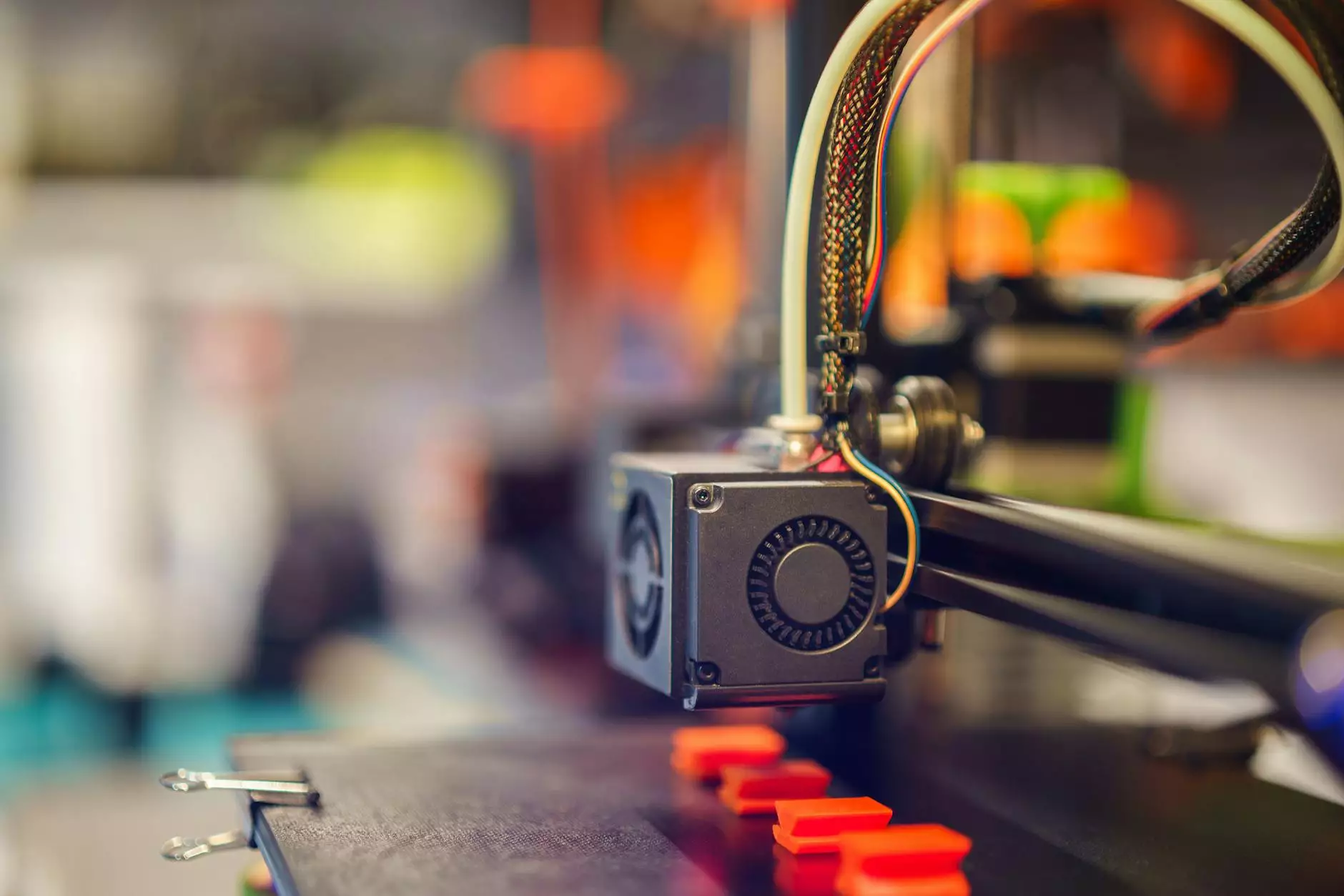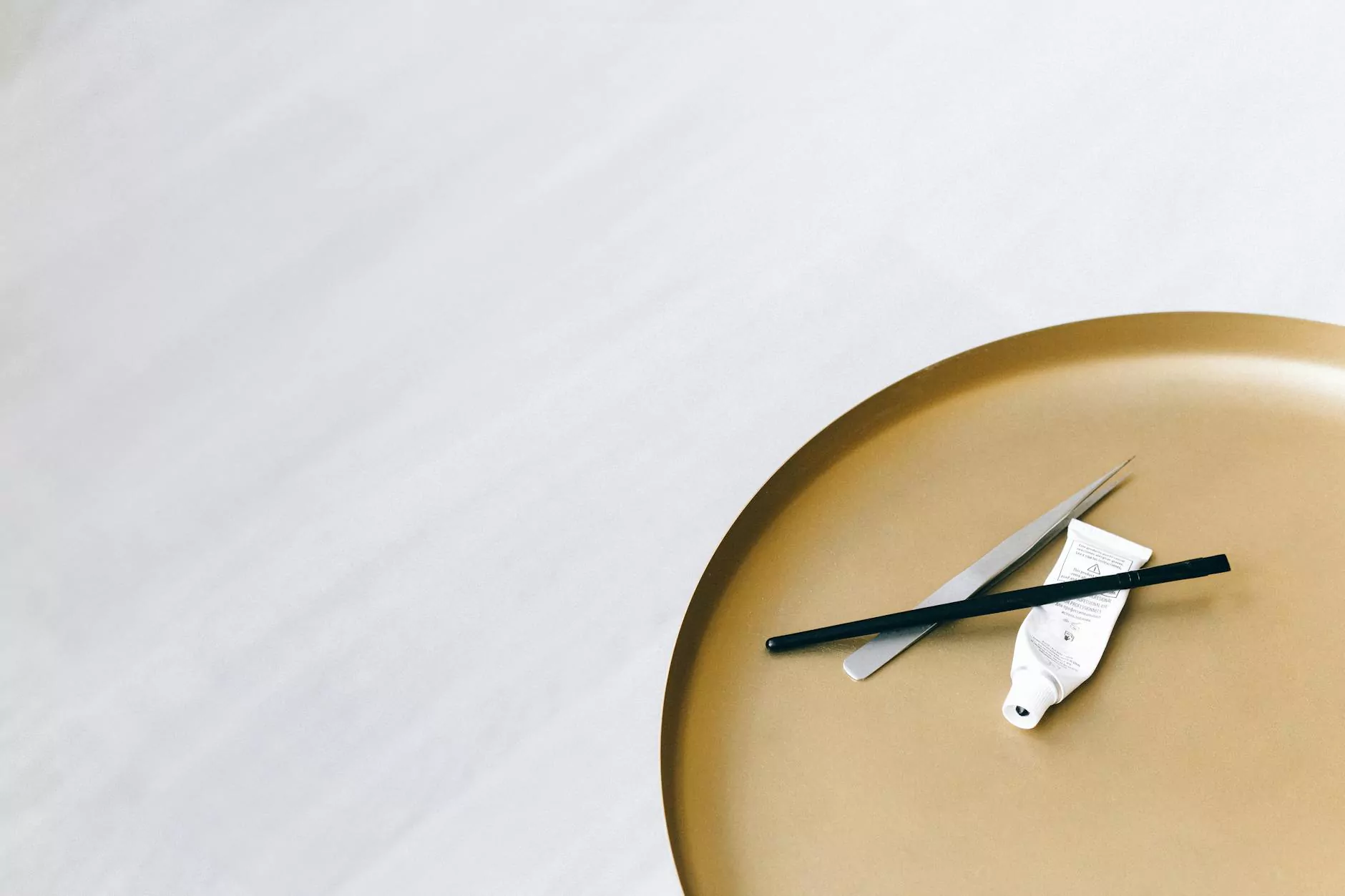Exploring the Essential Surgical Instruments to Buy for Your Medical Practice

The world of surgical instruments is essential for healthcare professionals and institutions. With a myriad of options available, it is crucial to make informed decisions when it comes to surgical instruments to buy. This article will walk you through the various types of surgical instruments, their uses, tips for purchasing, and much more to help you stay ahead in the healthcare industry.
Understanding Surgical Instruments
Surgical instruments are tools or devices specifically designed to perform particular tasks during a surgical procedure. They are vital for precision, control, and safety. Here’s a breakdown of the primary categories of surgical instruments:
1. Cutting and Dissecting Instruments
These instruments are designed to cut through tissues and organs. They include:
- Scalpels: Fine knives used for making incisions.
- Scissors: Surgical scissors are used for cutting tissues and sutures.
- Dissecting Scissors: For delicate dissection of tissues.
2. Grasping and Holding Instruments
These instruments are essential for holding tissues or organs during surgical procedures:
- Forceps: Used to pick up, hold or manipulate tissues.
- Clamps: To occlude blood vessels or tissues.
- Needle Holders: Essential for suturing
3. Hemostatic Instruments
Hemostasis is crucial during surgery to manage blood loss. Common hemostatic instruments include:
- Hemostatic Forceps: Used to clamp blood vessels.
- Cauteries: For cutting and coagulating tissue with heat.
4. Suturing Instruments
These instruments are specifically for closing wounds and surgical incisions:
- Suture Scissors: Designed for cutting sutures safely.
- Needle Holders: To securely hold the suture needles while stitching.
The Importance of Quality in Surgical Instruments
When it comes to healthcare, the quality of surgical instruments is paramount. Using subpar instruments can lead to complications during procedures, affecting patient safety. Quality instruments must meet the following criteria:
- Durability: Instruments should withstand repeated sterilization.
- Precision: High-quality instruments provide the precision needed for delicate procedures.
- Comfort: Ergonomically designed instruments reduce fatigue during long procedures.
Where to Buy Surgical Instruments
Deciding where to buy surgical instruments can significantly impact the quality and cost-effectiveness of your procurement. Here are some options:
1. Online Medical Supply Stores
Purchasing from trusted online platforms like new-medinstruments.com can provide a wide variety of options and the convenience of home delivery. Look for suppliers who offer:
- Comprehensive product descriptions
- Customer reviews and ratings
- Clear return policies
2. Wholesale Medical Providers
For healthcare institutions, wholesale medical supply providers may offer bulk purchasing options that can lower costs significantly. Establishing relationships with these suppliers can also lead to better service and flexibility.
3. Local Medical Equipment Suppliers
Buying from local suppliers allows for direct inspection of instruments before purchasing. Face-to-face interaction may also help establish long-term business relationships.
Factors to Consider When Purchasing Surgical Instruments
If you're looking for surgical instruments to buy, keep the following factors in mind:
- Type of Surgery: Different surgeries require different instruments.
- Material: Instruments are typically made from stainless steel or titanium; choose based on your needs.
- Cost vs. Quality: Balance your budget with the need for quality instruments.
- Supplier Reputation: Ensure you buy from reputable suppliers to avoid counterfeit instruments.
Maintaining Surgical Instruments
Proper maintenance is essential for ensuring the longevity and functionality of surgical instruments. Follow these guidelines:
- Sterilization: Always sterilize instruments before and after use.
- Inspection: Regularly inspect instruments for signs of damage or wear.
- Storage: Store instruments in a clean, dry environment to prevent rust or damage.
- Repairs: Address any repairs or servicing immediately with a qualified professional.
Conclusion
In conclusion, selecting the right surgical instruments to buy is an integral part of ensuring successful surgical outcomes. By understanding the types of instruments, their uses, the importance of quality, and maintenance practices, healthcare professionals can significantly enhance their operational efficiency. Always consider trusted medical supply websites like new-medinstruments.com as a reliable source for purchasing high-quality surgical instruments.
Invest in your surgical toolkit wisely—providing the best care starts with having the best instruments available.









